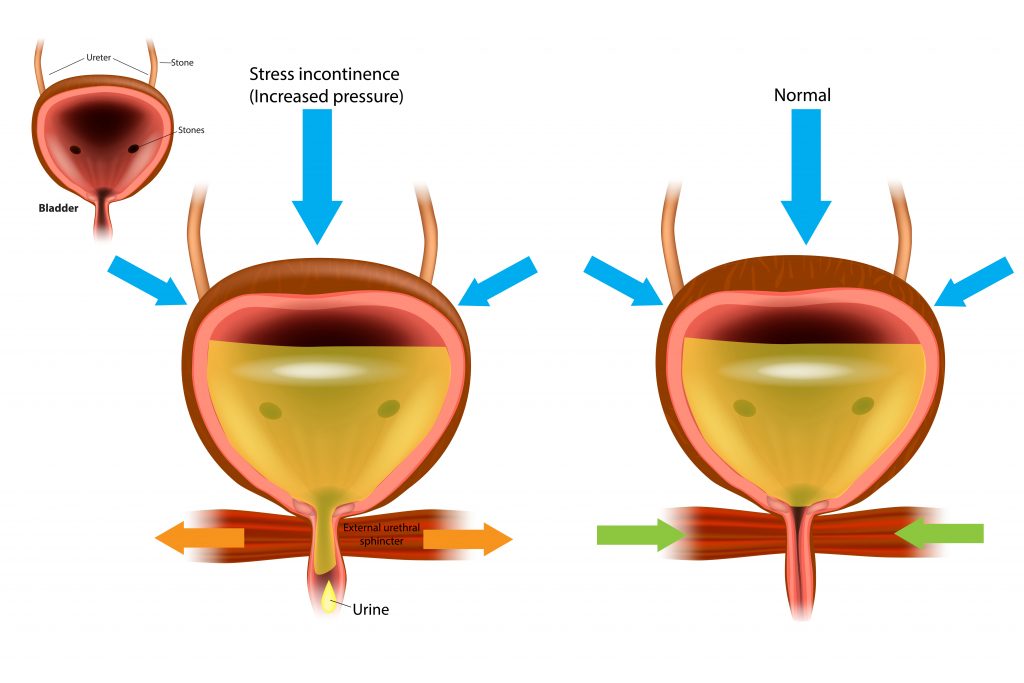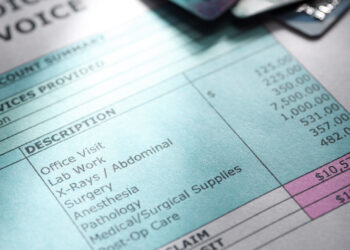Do you experience sudden urges to rush to the bathroom, unintentional urine leakage, or discomfort due to recurrent urinary tract infections? You could be dealing with a bladder problem.
You aren’t alone, though. Bladder problems affect millions of people worldwide.
But they shouldn’t be ignored. An untreated bladder problem cannot only get worse, but also significantly disrupt your daily life, and potentially cause a diminished sense of well-being.
That’s why it does help to understand how these problems start. If you’re already considering treatment for bladder problem in Singapore, take time to find a skilled urogynecologist. A knowledgeable specialist will carefully assess your condition and custom tailor a treatment plan depending on your unique situation.
How do you know if something is wrong with your Bladder?
Bladder problems encompass a range of conditions that affect the normal functioning of the bladder. However, it isn’t easy to know if something is wrong with your bladder unless you know the symptoms to look for.
These signs can serve as red flags and should prompt you to seek medical evaluation and guidance. Here are some key symptoms that may indicate a bladder problem:
I. Trouble Urinating:
- Difficulty initiating urination or maintaining a steady flow.
- Weak urine stream or feeling like the bladder is not completely emptied after urinating.
- Frequent urination, including urgency to urinate during the day or at night.
II. Loss of Bladder Control:
- Unintentional urine leakage, especially during activities such as coughing, sneezing, or physical exertion (known as stress incontinence).
- Sudden, strong urges to urinate that may be difficult to control (known as urge incontinence).
III. Nocturia (Waking to Use the Bathroom):
- Frequent awakenings during the night to urinate disrupt normal sleep patterns.
IV. Pelvic Pain or Discomfort:
- Persistent discomfort or pain in the pelvic area, including the lower abdomen or bladder region.
- Painful urination (dysuria) or discomfort during sexual intercourse.
V. Leaking Urine:
- Unintentional release of urine, even in small amounts, without any sensation of needing to urinate.
How do Bladder Problems Start?
Bladder problems don’t just start. They’re usually brought about by conditions or situations, some of which you have little to no control over.
This is why it is essential to see a specialist, most preferably, a urogynaecologist if you’re worried about the health of your bladder. Here is a quick summary of how most bladder problems start or the causes;
- Urinary Tract Infections (UTIs)
UTIs occur when bacteria enter the urinary tract, and cause infection. If you have a UTI, you may experience symptoms like frequent urination, a strong urge to urinate, a burning sensation during urination, cloudy or bloody urine, and pelvic pain.
UTIs are more common in women than men due to the shorter urethra. This makes it easier for bacteria to reach the bladder quickly. Other risk factors include sexual activity, menopause, urinary catheter use, and underlying medical conditions that affect the immune system or urinary tract.
· Urinary Incontinence
Urinary incontinence refers to the involuntary leakage of urine. It can be a result of weakening of the pelvic floor muscles that support the bladder and urethra.
The common types of urinary incontinence include stress incontinence (leakage during physical exertion or sneezing), urge incontinence (sudden and intense urge to urinate), and overflow incontinence (inability to empty the bladder fully). Causes of urinary incontinence run the gamut from pregnancy and childbirth, to hormonal changes, ageing, obesity, certain medications, and neurological disorders.
· Urinary Retention
Urinary retention is the inability to empty the bladder fully. Urinary retention can be classified as either acute or chronic.
Acute urinary retention can occur suddenly and may require immediate medical attention. Chronic urinary retention can be caused by factors like weakened bladder muscles, nerve damage, medications, or certain medical conditions like diabetes or multiple sclerosis. Symptoms of urinary retention may include difficulty initiating urination, weak urine flow, frequent urination in small amounts, and a feeling of incomplete emptying.
Can Bladder Problems be cured?
Like any patients, if you’re grappling with bladder problems, you could be endlessly wondering how to fix it. Now, bladder problems can be managed but a complete cure isn’t always possible.
And the good news is that there are so many treatment options for bladder problems in Singapore. If you’re working with a specialist like a urogynaecologist for example, they will want to get to the root of the problem and have it fixed from there. Here are some options you your doctor may suggest;
· Medications
There are so many medications that can be used in managing bladder problems. For example, your urogynae may prescribe antibiotics if they’ve determined that your issue is due to a urinary tract infection (UTI).
If your symptoms are caused by an overactive bladder, they may prescribe anticholinergic medications to manage them. Please, let them know if you have any concerns with the medications they recommend.
· Behavioural Therapies
Behavioural therapies are also commonly preferred when it comes to managing bladder problems. Behavioural therapies involve strategies like bladder training to help the patient gain control of their bladder.
They also involve timed voiding, a strategy designed to help patients establish regular voiding schedules. Behavioural therapies have been proven to be effective in enhancing bladder control and most importantly, reducing the frequency and urgency of urination.
· Pelvic Floor Exercises
Pelvic floor exercises are also known very commonly known as Kegel exercises. They’re designed for strengthening the muscles that support the bladder.
Your doctor may recommend pelvic floor exercises for your bladder problem in Singapore if they’ve determined that it is due to issues like urine incontinence. Correctly performed, Kegels can improve not just your muscle tone but also bladder control.
· Lifestyle Modifications
Certain lifestyle modifications can contribute to better bladder health. These include maintaining a healthy weight, avoiding bladder irritants such as caffeine and alcohol, practising good hygiene, and staying adequately hydrated. Making these adjustments can help reduce the frequency of bladder problems and their associated symptoms.
· Surgical Interventions
In extreme cases, surgery may be recommended. This will most likely be the case if your urogynae prescribed medications, or therapies, etc. but the response to the interventions wasn’t the desired.
In such cases, they may recommend procedures like sling surgery if you’re dealing with urinary incontinence. Bladder augmentation or bade stones removal may also be recommended depending on the underlying cause.
In Closing
Each individual’s experience with bladder problems is unique. So, treatment plans must be tailored accordingly.
If you’re concerned about the health of your bladder but ready to take control of your health, schedule a consultation with DR. NG KAI LYN’s office today. Don’t wait; book your appointment today! Contact details:
Dr Ng Kai Lyn | Female Gynaecologist | Women’s Health Specialist | Fertility Specialist Singapore
38 Irrawaddy Rd,
#05-34/35 Mt Elizabeth Novena Specialist Centre,
Singapore 329563
+65 6011 1531


 Home
Home








